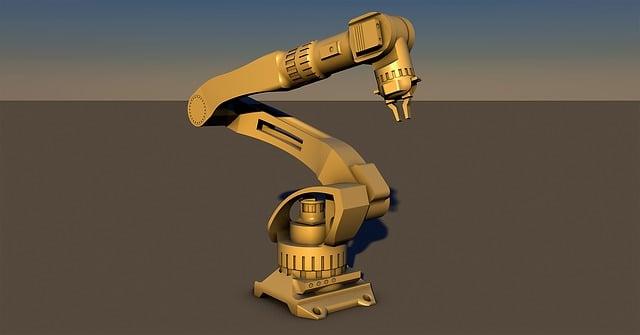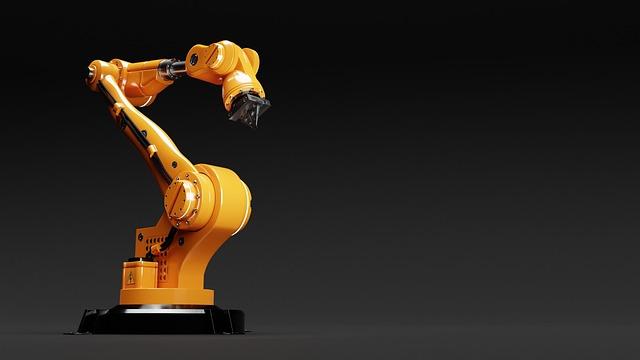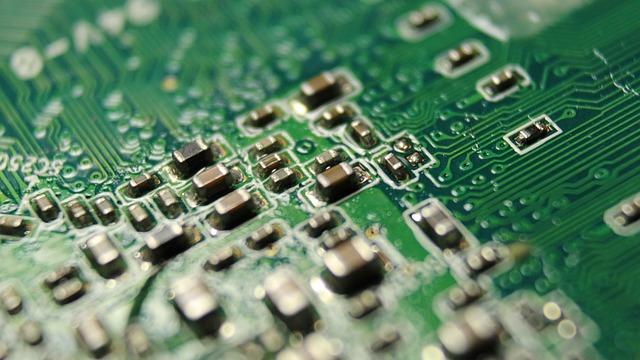Introduction
In the fast-paced world of modern industry, automation and robotics have become essential components revolutionizing the way we work. From manufacturing to healthcare, automation plays a crucial role in enhancing efficiency, increasing productivity, and ensuring precision in various processes. This article delves into the significance of automation and explores the evolving role of robotics in shaping contemporary industries.
index- Introduction
- Enhancing Efficiency
- Increasing Productivity
- Ensuring Precision
- Challenges and Opportunities
- Conclusion
- FAQs
- References
Enhancing Efficiency
In modern industry, automating repetitive tasks through robotics has significantly enhanced operational efficiency. By mechanizing processes that were once manual, companies can streamline production lines, reduce errors, and optimize resource utilization. Robots equipped with advanced sensors and AI capabilities can perform tasks with remarkable speed and accuracy, leading to improved overall efficiency.

(Image: Pixabay/@BrianPenny)
Moreover, automation allows businesses to operate 24/7 without human intervention, leading to continuous production cycles and faster turnaround times. This increased efficiency not only affects manufacturing but also extends to logistics, warehousing, and other sectors, transforming the way industries function in the digital age.
Increasing Productivity
The integration of robotics in modern industry has been instrumental in boosting productivity levels. By automating routine activities, employees can focus on more strategic and creative tasks, fostering innovation within organizations. Robotics technology enables manufacturers to produce goods at a faster rate while maintaining consistent quality standards.

(Image: Pixabay/@PIRO4D)
Furthermore, automation helps in adapting to fluctuating market demands swiftly, allowing companies to scale their operations efficiently. With the ability to handle complex processes and adapt to changing requirements, robotic systems contribute to the sustained growth and competitiveness of industries across various sectors.
Ensuring Precision
Precision and accuracy are critical in many industrial processes, and robotics play a vital role in ensuring consistent and reliable results. Automated systems are programmed to perform tasks with precision down to the minutest details, reducing variability and human error. This level of accuracy is particularly valuable in industries such as electronics manufacturing and healthcare.

(Image: Pixabay/@Dimitri_K)
Robots equipped with advanced sensors and vision systems can detect deviations from set parameters instantaneously, making real-time adjustments to maintain quality standards. The meticulous nature of robotic operations not only enhances product quality but also contributes to a safer work environment by minimizing risks associated with manual handling.
Challenges and Opportunities
While the benefits of automation and robotics in industry are evident, there are challenges that need to be addressed. The implementation of automation technologies may require upskilling the workforce to operate and maintain these systems effectively. Additionally, concerns about job displacement and the ethical implications of AI-driven decision-making processes remain topics of debate.

(Image: Pixabay/@PIRO4D)
However, embracing automation also presents opportunities for innovation, collaboration, and redefining traditional roles within organizations. By leveraging robotics to complement human skills rather than replace them, companies can create hybrid workforce models that drive sustainable growth and foster continuous learning.



